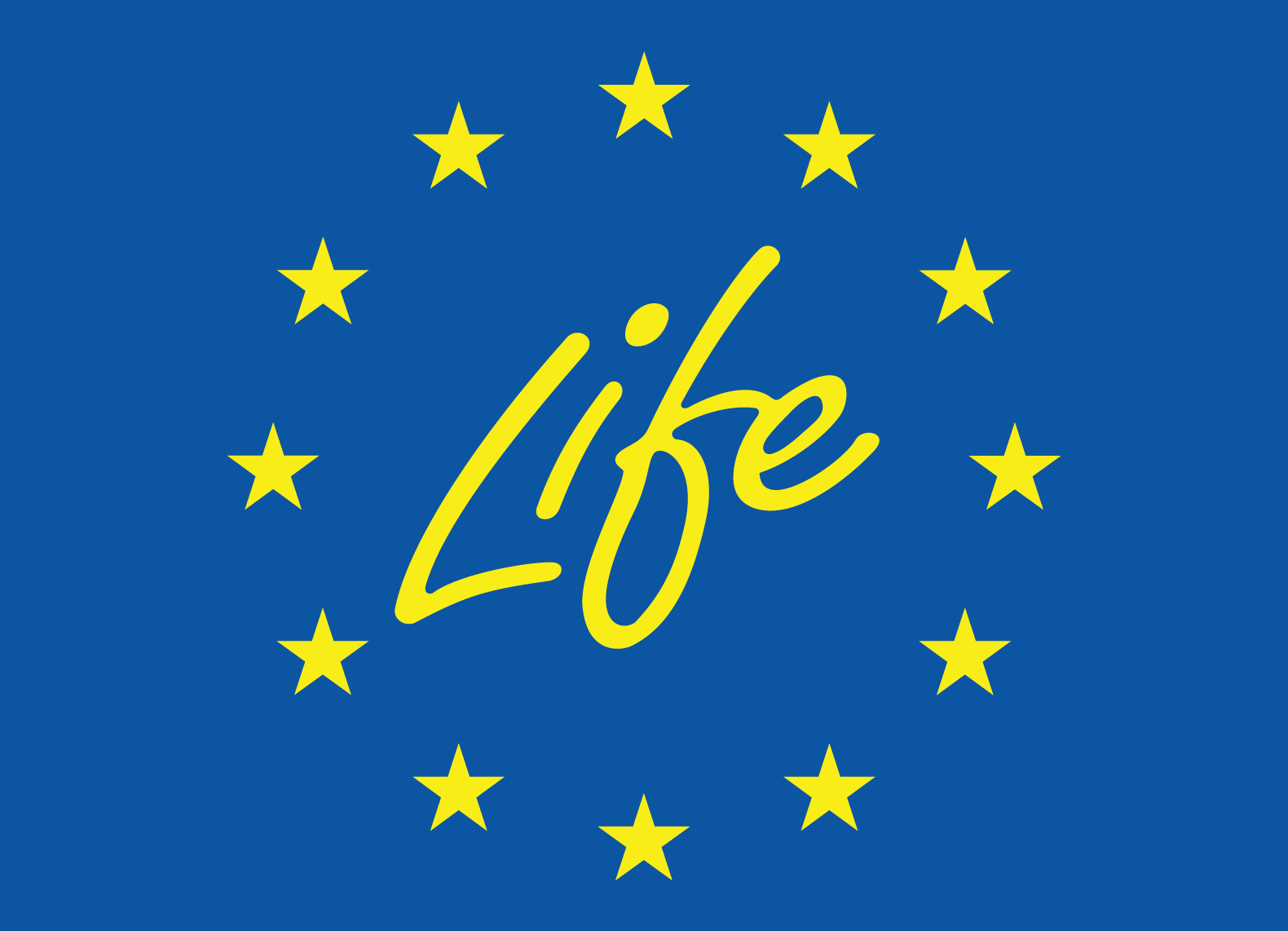Register now for our public event “GMOs and gene editing in agriculture: the benefits of regulation” – 10 February, online
How does organic & non-organic food and farming avoid contamination with GMOs? Why is it so relevant for food production that GMOs are regulated? Which disruptions can be expected from gene editing and new genetic engineering in general? These are the questions and topics we will discuss on 10 February from 10:00-12:15 CEST at our public event “GMOs and gene editing in agriculture: the benefits of regulation”.
Register on time to secure your spot!
Discussing new genetic engineering techniques: Politically timely
With the study of the European Commission on practical aspects surrounding the application of the European Court of Justice ruling on ‘New Genomic Techniques’ expected for spring 2021, the topic is again high on the agenda of EU policymakers. At our event, we will showcase the benefits and necessity of the EU GMO Regulation for food & farming, including organic.
Upcoming genetic engineering techniques such as gene editing, require Europe to combine old and new strategies to protect its environment and biodiversity and enable organic and conventional non-GMO farming as well as consumer freedom of choice.
This event will present practical strategies of the organic sector to ensure maintenance of its high standards in every part of the food chain. It will also give an outlook on how the EU can continue to maintain transparency in certified organic and non-organic farming and food production and how regulation plays an essential role in this.
The discussions in the event are particularly relevant for organic and non-organic farmers, processors, retailers as well as stakeholders affected by EU agriculture biotechnology policy & regulation. Registration is open now and for everyone.
What will we talk about
Our event consists of two sessions – one on smart practices and a panel discussion.
Part 1: Smart practices, 10:00-10:35
Presentation of practical strategies of the organic and conventional sectors and how regulation has played and will play an essential role in this. We will hear from:
- Steven Jacobs, Organic Farmers & Growers, UK. Steven will inform us about contamination guidelines, market implications and the role of good regulation in preventing contaminations.
- Yves Bertheau, scientist and expert on GMO detection, France. Yves will explain more about the feasibility of detection strategies for products from new genetic engineering techniques.
Part 2: Panel discussion, 10:45-12:15
Discussion on the status quo of the EU GMO Regulation, future scenarios of its implementation in the light of novel products and its relevance to trade, retail and different production systems, including organic farming.
In addition to the speakers from the smart practices session, we will welcome in the panel:
- Benoit Biteau, MEP, Greens/EFA
- Alexander Hissting, Verband Lebensmittel ohne Gentechnik (VLOG)
- Gunnar Kofoed, CopaCogeca
- Daniel Evain, Fédération Nationale d’Agriculture Biologique (FNAB)
- Sirkku Heinimaa, EU Commission, DG SANTE
These are the questions and topics we will discuss on 10 February from 10:00-12:15 CET. Register on time to secure your spot!
Interpretation in English and French will be available.


This event is co-financed by the LIFE programme of the European Union, under the Executive Agency for Small and Medium-sized Enterprises (EASME). The sole responsibility for this event lies with IFOAM Organics Europe. EASME is not responsible for any use that may be made of the information provided.

